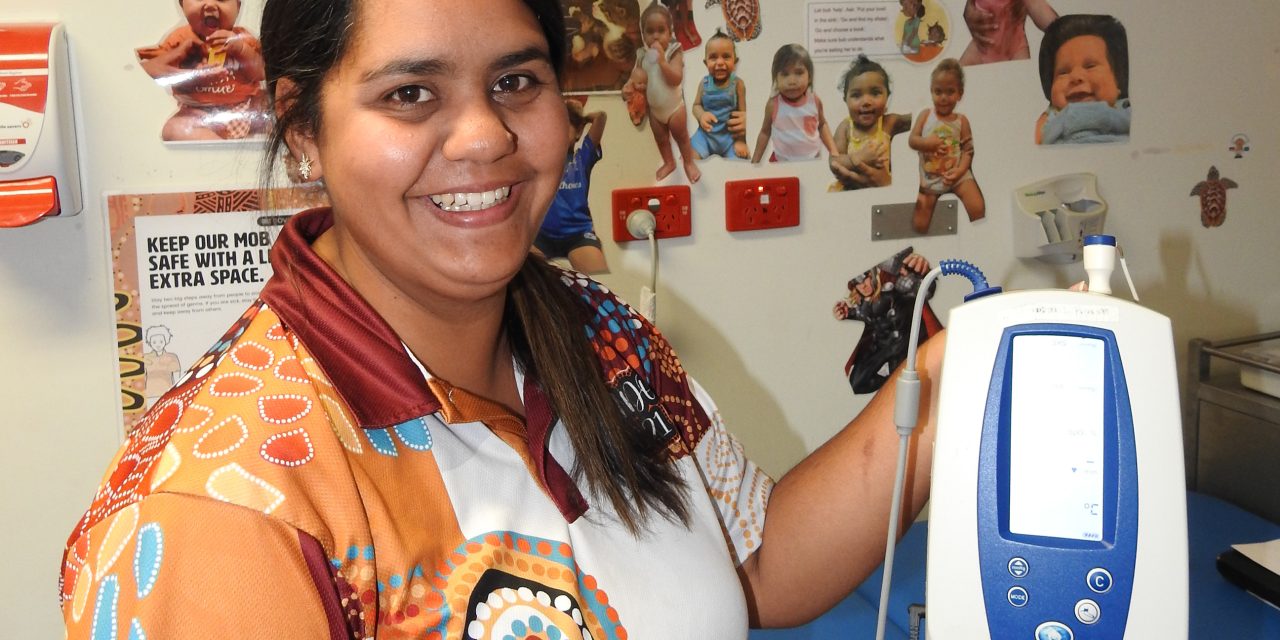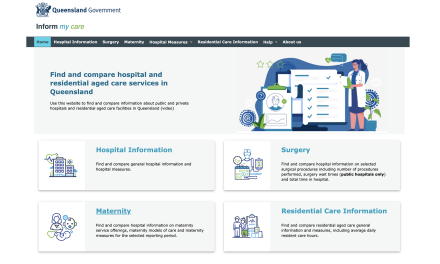Gurriny Yealamucka Health Services Aboriginal Corporation (GYHSAC) in Yarrabah, south-east of Cairns, has realised great success in preventing workforce shortages by doing what the ACCHO sector does best: local solutions tailored to local problems.
GYHSAC’s clinic is thriving due to two linked policies: 1) hiring from the local talent base and providing training, recognising potential rather than qualifications and 2) ensuring positions that are not filled by locals are filled by Aboriginal and Torres Strait Islander people, before going wider.
In the GYHSAC Annual Report, CEO Suzanne Andrews said, “We work in, and with our community, to protect, educate and safeguard our members, and where possible we have always provided employment and training opportunities to our community members.”
Three quarters of the organisation’s Indigenous staff hold qualifications in their area of employment.
Ms Andrews said GYHSAC’s contribution to the local economy was approximately $4m over the past 12 months through local employment and procurement.
The focus on local hiring is exemplified by two young Aboriginal Health Workers (AHWs), Clevanna Messer and Stanley Yeatman, both with ties to Yarrabah.
Ms Messer is an AHW with a long family history of looking after the health of mob. She specialises in child health and has worked at Gurriny Yealamucka for five years. Clevanna recently deferred a nursing degree after completing the first two years.
She is also a descendant of Murial Stanley, a Yarrabah local born in 1918, who became Australia’s first Aboriginal nurse and midwife in 1944.
“I really like child health; I love working with the team and I love working here,” Clevanna said.
Stanley Yeatman, another Aboriginal Health Worker from the Yarrabah region working with GYHSAC in early childhood health, said working in child health was incredibly rewarding.
“When we see kids that are non-verbal, and then we get to help prepare them for services like speech pathologists, and for them to have a support when they start school… just seeing them growing and learning and becoming better with speech, with development, I think that’s one of the highlights for us, helping them grow developmentally,” he said.
GYHSAC’s health-worker-led model of care means that AHWs like Stanley and Clevanna do lots of outreach. They help run four GYHSAC clinics at the school on Tuesdays, talking to students about preventative health measures. They also conduct weekly home visits.

GYHSAC has had such success with their youth health activities that the community of Yarrabah has not had to have a surgical intervention for rheumatic heart disease in a child for over two years.
GYHSAC currently employs two Indigenous GPs, Dr Carli Westmore and Dr Jason King, who is Director of Clinical Services. They are a boon to GYHSAC’s cultural safety, ensuring Yarrabah residents have access to a health service that understands and accepts the Yarrabah community.
Dr Westmore hoped she could be a role model for locals. “The pathway to becoming a doctor is quite long and often our mob don’t know how to do it — cause if you can’t see it, you can’t be it,” she said.











